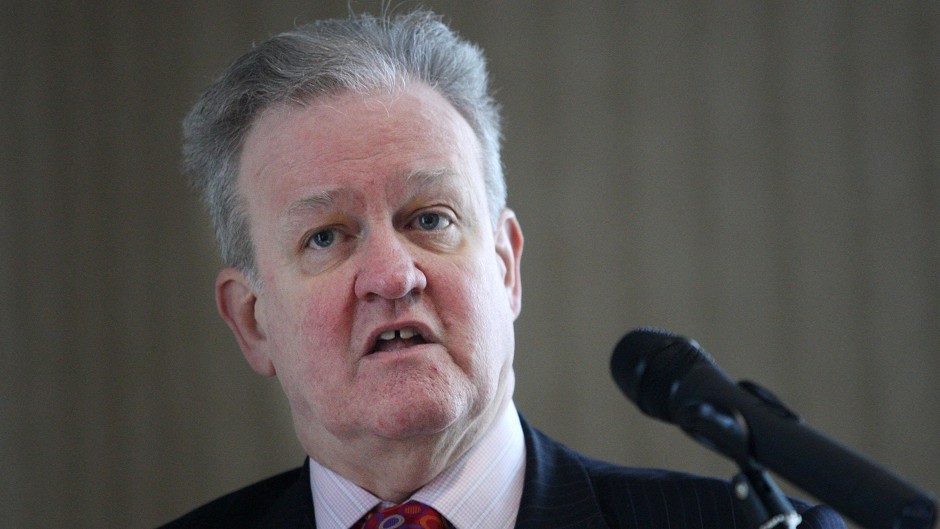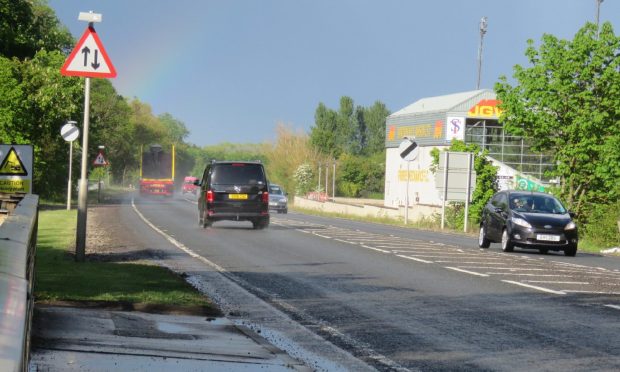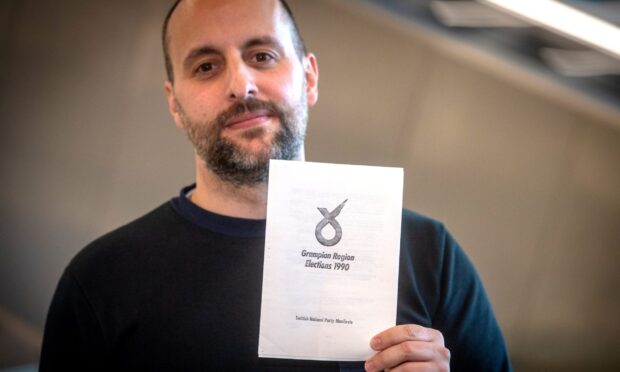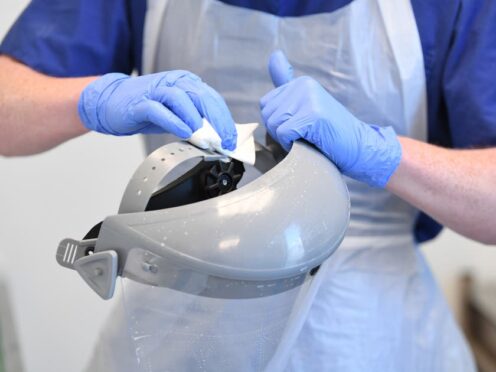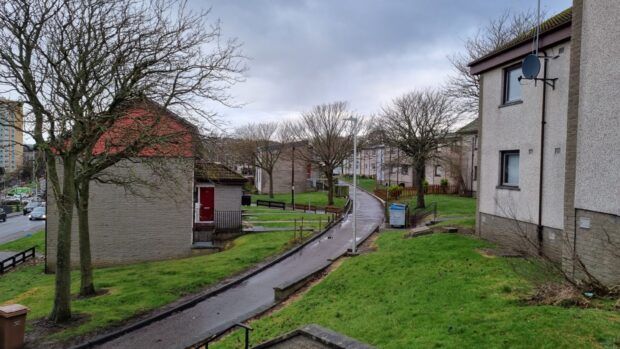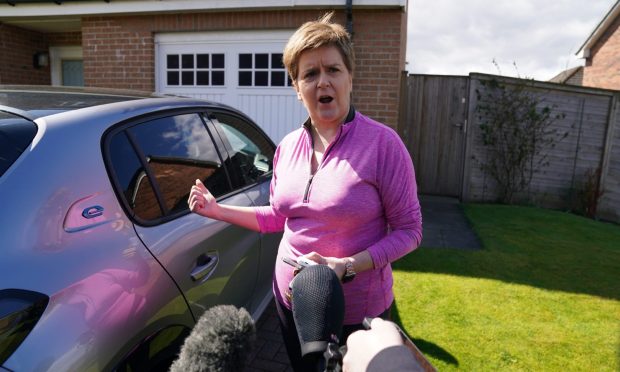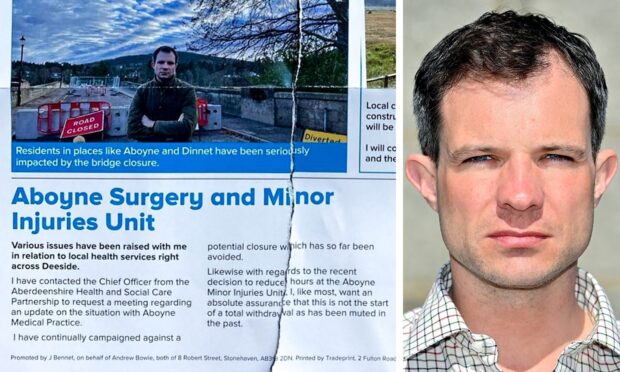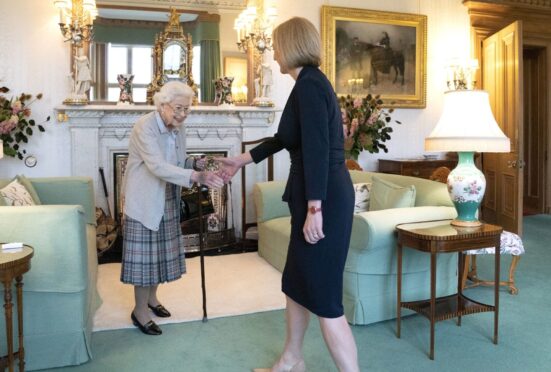The art of politics over the past two thousand years seems to have evolved for the most part as a method of making decisions which don’t result in killing one another.
And over time it has become a fundamental way of involving citizens in the making of important changes that affect our future.
Our political system is most tested in times of crisis and because we continue to live in an imperfect world it rarely throws up perfect answers.
It was 70 years ago when Prime Minister Winston Churchill, said: “Democracy is the worst form of Government except for all those other forms.”
Now, on both sides of the Atlantic, democracy is being tested again.
In the USA, Republican Senator Jeff Flake writes about President Trump’s actions; “We degrade our politics enough as it is without turning our democracy over to carnival barkers and reality television.”
Here the test is about making the right decisions about how life outwith the EU will look.
Whatever side of previous debates on the subject you might lie, it’s likely that you would agree that it is the biggest decision for us since the end of World War II.
So it is disappointing that, rather than extend the debate to include and respond to, where possible, the widest range of the undoubtedly diverse views that exist on the matter, we are seeing decision-making shrinking into a diminishing circle with Number 10 Downing Street at its centre.
Minority governments – Westminster is one – are exposed to obvious difficulties when seeking to gain acceptance for their policies and proposals. Even more so when they seek to legislate in areas which are the responsibility of other governments. In this case those of Northern Ireland, Scotland and Wales. And where each of those are led by other political parties.
So what to do, to do differently?
First ensure there is a shared purpose. In the Second World War, a government of national unity was able to coalesce around the unifying need to defeat the Nazis.
With the government in London still well short of their having a shared view of the appropriate post-EU destination, the prospect of cross-government, cross-party unity until the crisis is over may seem distant.
Thus far it has been governments that have been at the centre of the debate, the disagreements.
But the direct result of elections, of the exercise of democracy, is a parliament with all its variety of opinion and character.
Governments are an indirect outcome. So perhaps it’s time to search for how the parliaments may help to arrive at the best available outcome.
If parliaments become a direct part of framing the debate, of finding the answer, it will be more difficult for them to avoid endorsing the outcome.
Thus we can get beyond the current stasis of decision-making and start the task of adapting to the new world as yet undescribed.
We have legislation on the table at Westminster. Like in Edinburgh the hard graft of detailed examination and amendment will take place in a parliamentary committee. With the sponsors of the bill, the UK Government, at the end of the table having to account for and explain their policy decisions, the final shape of a Parliamentary Act is formed. And all political parties are involved.
So why not take that one stage further. Since the parliaments in Belfast, Cardiff and Edinburgh will be asked to approve the legislation, why not take steps to ensure we reach the finish post with all views having been heard and dealt with?
It may be time for a cross-parliaments committee – an EU Legislation Grand Committee – to take the bill, and related bills, forward.
Novel? The civil servants’ most hated of words according to the TV series Yes Minister. Not totally.
Scottish Parliament Committees I have been previously been a member of have met jointly with Parliaments in Australia, New Zealand and – yes – Westminster. All worked well using video-conferencing.
Joint decision-making would be new but not beyond reach.
If Westminster asks for approval for a complex act the other parliaments have played no part in? Difficult.
There are people of good heart in all political parties and all parliaments.
Faced with the “what type of Brexit?” challenge, democracy has to keep evolving. Or it will fail.
My favourite people in parliament are the Official Report. The genius wordsmiths who work there turn our speeches into something readable. “Umms” and “Arrs” and bad grammar disappear. Whether it’s sensible is for MSPs.
They have every available dictionary on their shelf. My favourite is the Oxford Dictionary. Its 20 volumes have every word ever used in English. But there are gaps in the language where a word is waiting to be coined.
In the modern world with computers storing every piece of information, every word spoken or written – my 701 Parliamentary speeches have 572,575 words in them – it would be easy to be overwhelmed by the sheer volume thrown at us. Until June 8, 2006 there was no word for the condition of being thus burdened.
MSP Bruce Crawford set me the challenge of getting a new word we coined for this – “cumsnuggered” – officially recognised. The opportunity came when Parliament published 15,000 MSP expense receipts and I could suggest that journalists searching them for a story would be cumsnuggered.
With the Official Report accepting it as a new word, not merely slang, it’s now in the National Library of Scotland’s legal copy of our proceedings. The Oxford Dictionary next?
What’s next?
With the Aberdeen Western Peripheral Route moving to completion before our eyes, it’s time to ask “what next?”. Upgrades for the A90 to Peterhead and Fraserburgh are needed.
And with Buchan being the largest part of Scotland with none of an airport, ferry port nor railway the answer’s obvious – some trains.
With the huge success in both passenger numbers and economic benefit from the Borders Railway we have a model for Buchan Rail. Soundings suggest there are people of all political persuasions who agree.
The former line from Dyce to Newmachar and Ellon would be a sensible first phase before driving a new route north. The old track bed is available and there are few bridges needing attention so it’s probably the cheapest significant new rail development available anywhere.
Join it up to the park and ride east of Ellon and you create something of huge utility.
The AWPR at over £700million is the biggest public sector investment in the north-east for many years – indeed perhaps ever.
Buchan Rail would cost much less and deliver a great deal for residents and the local economy.
